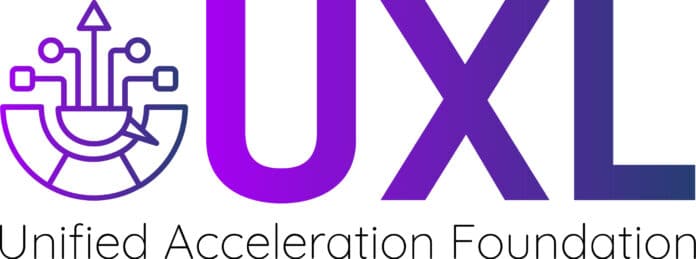- Efforts to dethrone NVIDIA are ramping up.
- The UXL will finalise technical specifications in the first half of the year and mature the details by year-end.
The UXL Foundation, a consortium of big techs that aims for an open standard accelerator software ecosystem, now aims to challenge NVIDIA’s AI dominance. The consortium plans to develop an open source suite of software and tools to power various AI accelerator chips, an area currently dominated by NVIDIA’s CUDA software platform.
The UXL’s technical steering committee is set to finalise technical specifications in the first half of the year, with plans to mature the details by year-end. In the long-term, its goal is to attract a critical mass of developers to their platform and the platform will eventually support Nvidia hardware and code also. But, for now the aim is to break the monopoly.
Linux foundation announced the formation of UXL foundation in September, last year. It is an evolution of Intel’s oneAPI initiative. OneAPI is an open standard programming model that helps developers to write software that can run efficiently for various types of hardware, including CPUs, GPUs, FPGAs, and accelerators. The consortium consists of industry biggies including Arm, Fujitsu, Google Cloud, Imagination Technologies, Intel, Qualcomm Technologies, Inc. and Samsung.
Along with chipmakers, UXL is also looking to add cloud-computing companies like Amazon and Microsoft’s Azure. Since its launch it has begun receiving technical contributions and plans to address computing problems currently dominated by a few chipmakers.

This is one of many efforts going on to reduce NVIDIA’s hold on the AI chip market through CUDA. Reportedly, venture financiers and corporate funds have poured more than $4 billion into 93 separate efforts. The startups that aim to dethrone NVIDIA received $2 billion funding in 2023 up from $580 million in 2022.
CUDA has been in use for 15 years now and there are plenty of developers who have built their code around it. So, in response to the rising effort to challenge its AI dominance, NVIDIA’s executive Ian Buck confidently said, “The world is getting accelerated. New ideas in accelerated computing are coming from all across the ecosystem, and that will help advance AI and the scope of what accelerated computing can achieve.”










































































